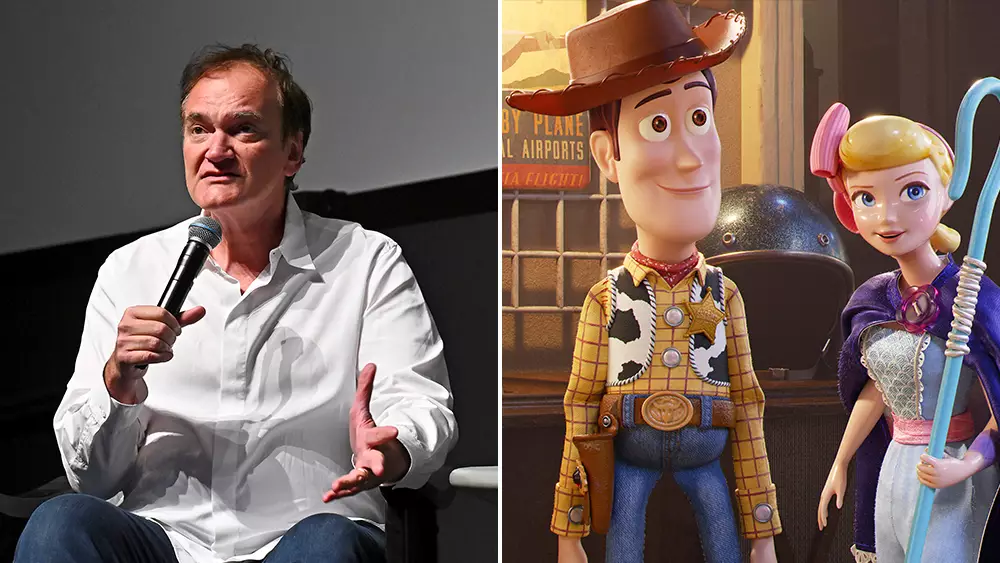Quentin Tarantino, known for his unique style and vision in filmmaking, recently expressed his opinions on what makes a trilogy successful. During an episode of the comedy podcast Club Random with Bill Maher, Tarantino specifically referenced the difficulties of concluding a trilogy in a satisfying manner for the audience. He highlighted the importance of having a cohesive vision across all three films, using the example of the Dollars Trilogy, which includes “A Fistful of Dollars,” “For a Few Dollars More,” and “The Good, the Bad and the Ugly.”
A One Director Vision
One of the key points Tarantino emphasized was the significance of having a single director oversee the entire trilogy. He praised the Dollars Trilogy for following the vision of filmmaker Sergio Leone throughout all three films, leading to a seamless and engaging cinematic experience. Tarantino pointed out that this consistency allowed the trilogy to excel in its storytelling and character development, making it stand out from other film series.
In contrast to the successful execution of the Dollars Trilogy, Tarantino criticized other film franchises for failing to maintain the quality of their sequels. He specifically mentioned the Mad Max films as an example of a series that struggles to deliver a satisfying conclusion. According to Tarantino, many trilogies face challenges in transitioning from the first to the second film, ultimately leading to a lackluster third installment that fails to live up to expectations.
Toy Story: A Perfect Trilogy?
Despite his reservations about sequels and trilogies, Tarantino made a surprising exception for the Toy Story franchise. He praised the initial Toy Story trilogy for its consistency and quality, particularly highlighting the third film as a cinematic masterpiece. Tarantino commended the filmmakers for ending the story on a perfect note, expressing his reluctance to watch any subsequent installments. This decision was based on his belief that the trilogy had achieved perfection and did not require further exploration.
Interestingly, Tarantino’s stance on the Toy Story franchise may be challenged with the announcement of Toy Story 5 currently in development. Disney CEO Bob Iger revealed at this year’s D23 Expo that Pixar Animation veteran Andrew Stanton would return to direct the fifth installment. This news raises questions about whether Toy Story 5 can maintain the high standard set by its predecessors and whether it will capture Tarantino’s interest despite his reservations.
Quentin Tarantino’s critical analysis of trilogies and sequels offers valuable insights into the challenges of film storytelling. While he acknowledges the rare success of certain trilogies like the Dollars Trilogy, his skepticism towards unnecessary sequels reflects a desire for quality over quantity in filmmaking. The case of the Toy Story franchise serves as a compelling example of how a trilogy can achieve perfection and resonate with audiences, even prompting a renowned filmmaker like Tarantino to reconsider his views on sequels. Ultimately, Tarantino’s perspective encourages a deeper examination of the art of storytelling in cinema and the importance of delivering impactful narratives across multiple films.

